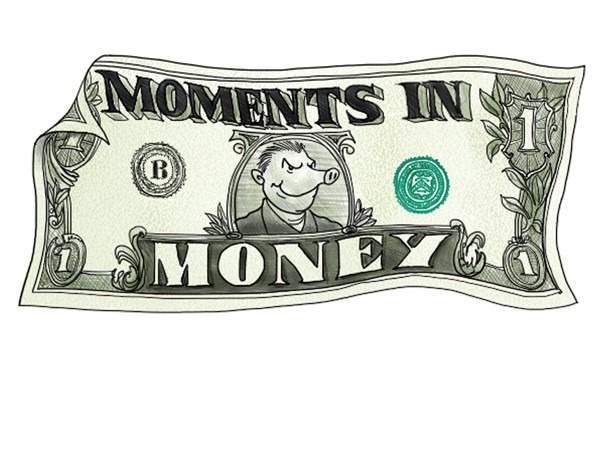
In this edition of our series highlighting key moments in the history of finance, we’re taking a look at the tax haven
Some academics believe that tax havens have existed almost as long as the concept of tax. The earliest example appeared in 166 BC, during the reigns of Emperors Marcus Aurelius and Lucius Verus (they overlapped), in the Aegean island of Delos. The Romans set it up as a free port with no taxes or customs duties, in order to undercut nearby Greek island of Rhodes, which had not yet submitted to the Pax Romana.
As a result Delos prospered as a centre for trade in ivory, textiles, wine, wheat and spices from Africa and the Middle East, and Rhodes took a slide. The real ascent of tax havens began after the First World War, however, when European countries in particular began raising levels of tax to pay for the war and reconstruction. While in the US New Jersey and Delaware introduced attractions for ‘non-resident’ companies, it was neutral Switzerland that emerged in the 1920s as the world’s favourite tax haven.
In 1913, Swiss banking holdings were 26 per cent those of France; by 1929 that was 79 per cent. A League of Nations report noted that the banking assets per head of population in Switzerland were $714, compared to $438 in the US and $292 in the UK. In fact, the true fi gure was perhaps twice that, as many assets were held off-balancesheet – small wonder this has been described as the ‘golden age’ of Swiss banking.
The Swiss were joined by Liechtenstein, which adopted the Swiss franc in 1924 and introduced the Anstalt, a company-foundation hybrid, ‘which imposed no requirements or restrictions on the nationality’ of those who owned companies. The UK got in on the act, with former colonies such as Bermuda laying claim to be fi rst in 1935. The idea caught on.
Today the IMF reckons tax havens, of which there are more than 100, cost governments $500-600 billion in lost corporate tax. Others say they deny governments $200 billion of income taxes and hold $36 trillion in private wealth, with major corporations also stashing trillions offshore. ‘What we do now echoes in eternity,’ said Marcus Aurelius. If not there, then certainly in Grand Cayman, Zurich or Vanuatu.
Read more
Moments in Money: The first gilt
Moments in Money: The volatility index
Moments in money: The world’s first stock market







